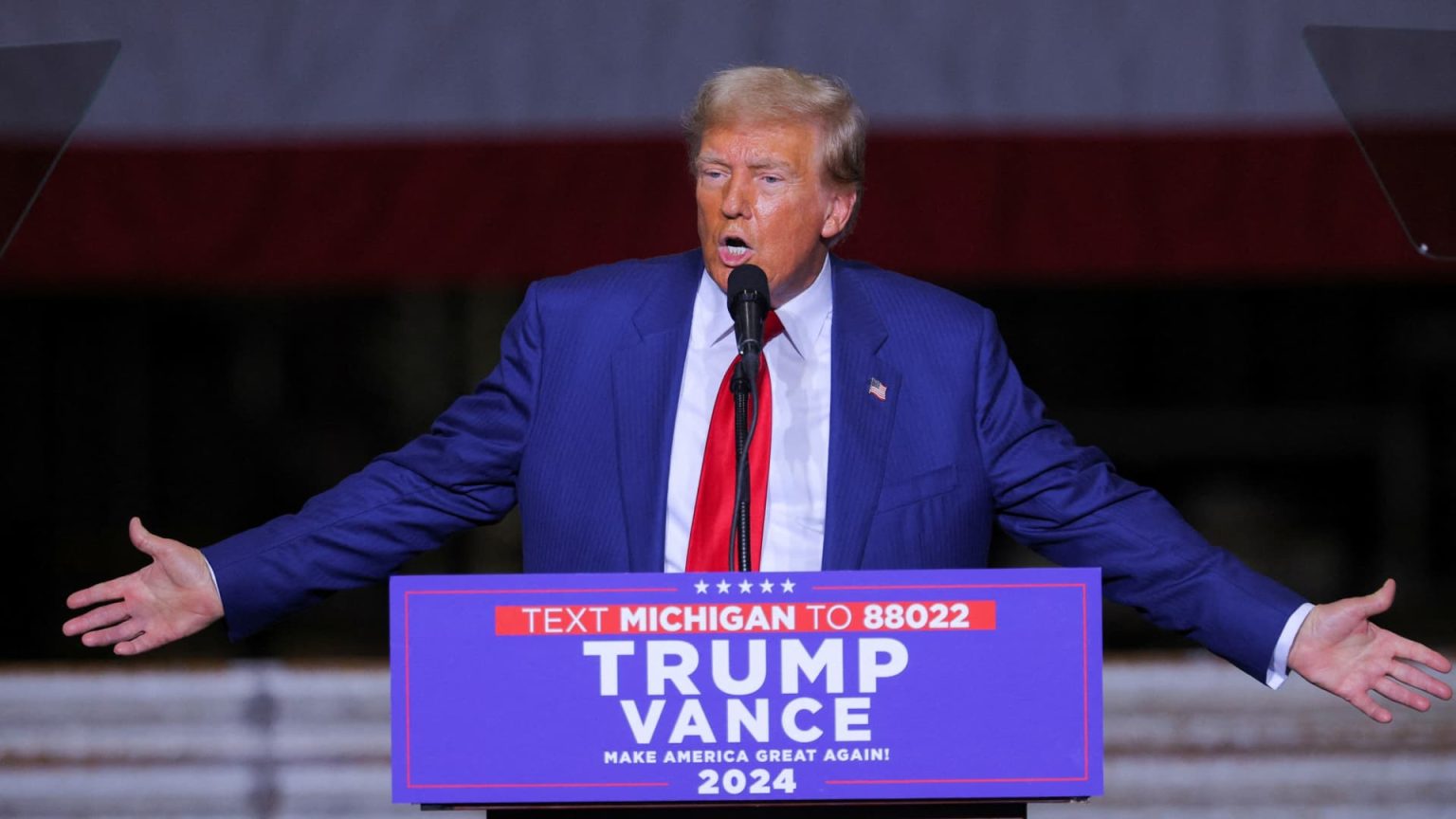Derrick Anderson, a Republican candidate running in Virginia’s seventh congressional district, is distancing himself from former President Donald Trump’s plan to cut the size of the federal government and move 100,000 federal workers out of the D.C.-Maryland-Virginia area. With almost 60,000 federal employees and many federal contractors residing in this district, Anderson is focused on protecting the area’s economy and jobs. This move is reflective of a trend among Republican candidates in competitive House races to selectively align themselves with Trump and show independence, in order to appeal to voters in districts that backed Biden in 2020.
The Virginia seventh district is one of the most competitive House races in the country, and Anderson’s opponent is Eugene Vindman, the twin brother of Alex Vindman who testified against Trump during his impeachment trial in 2019. Vindman, who has raised significantly more campaign funds compared to Anderson, is critical of Trump’s proposals that could impact federal employees and contractors in the area. Trump’s policies, including plans to make it easier to fire civil servants and replace them with politically loyal staffers, could have widespread negative effects on the economy and jobs in the Virginia-O7 area.
The proposed move of 100,000 federal employees out of the Virginia-O7 area and the potential impact on contractors and other workers could cost the state between $27 billion and $28 billion per year, according to estimates by Terry Clower, a professor at George Mason University. This level of projected job losses could lead to a severe recession and significant economic consequences for the state of Virginia. Anderson’s focus on protecting jobs and the economy in the district reflects a broader challenge for Republicans as they seek to enact their agenda in 2025 by winning competitive races in districts that may lean towards supporting Democratic candidates.
Despite being endorsed by Trump, Anderson’s stance on protecting jobs and opposing policies that could weaken national security or raise the cost of living in Virginia-O7 shows a willingness to break from traditional Republican positions. With the district being home to a significant number of federal employees, Anderson’s approach could resonate with voters who are concerned about the potential impact of Trump’s proposals on the local economy. This highlights the balancing act that Republican candidates in competitive races must navigate as they seek to appeal to voters who may have different priorities and concerns when it comes to federal government policies and decisions.
Vindman has been engaging with voters in the district, listening to their concerns about Trump’s proposals and highlighting the potential negative consequences for the area. Trump’s policy plan, titled Agenda 47, outlines a series of actions aimed at targeting “rogue bureaucrats” and making changes to the National Security and Intelligence apparatus. This has direct implications for the federal employees and contractors in the Virginia-O7 area, who could face job losses and economic uncertainty if these proposals were to be implemented. The contrast between the candidates’ positions on these issues is likely to play a significant role in shaping the outcome of the competitive House race in Virginia’s seventh district.


